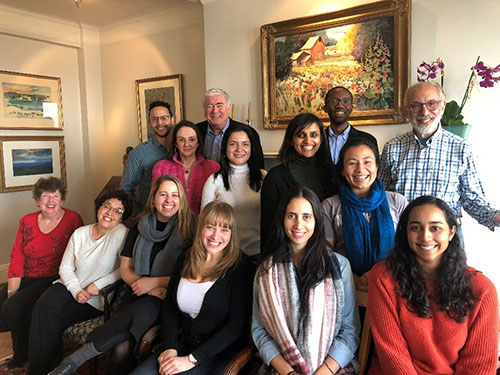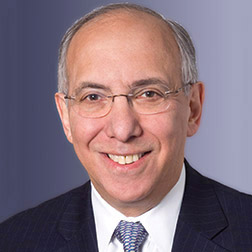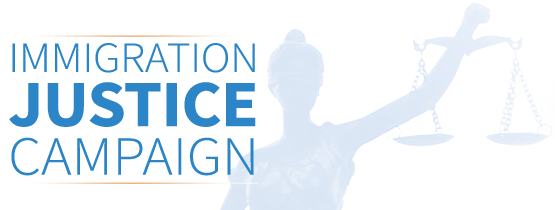Moses Silverman
I travelled to Dilley, Texas in September and November 2019 to work with the Dilley Pro Bono Project at the family detention center (jail) for women and children who recently crossed the southern border to seek asylum.
The 10-15 hours a day working in the jail were hard. It’s overwhelming to see a jail filled with women and beautiful children. And it’s heart wrenching to hear their stories of the violence and hardships they endured in their home countries (mostly Honduras, El Salvador and Guatemala) and their journeys. My first assignment was to put out tissue boxes.
Prior to the time I was in Dilley, there had been a feeling of great accomplishment at the Dilley Pro Bono Project, since over 95% of the women and children were released after Asylum Officer’s interviewed them. But things had just changed when I arrived because our government dramatically moved the goal posts. Most significant was a new regulation requiring asylum seekers crossing the southern border to apply for asylum (and be rejected) in another country they entered before coming to the United States. This made almost all of the women and children ineligible for asylum unless they were Mexican. To make matters worse, procedures at Dilley were made more difficult. Rather than having sometimes sympathetic Asylum Officers do interviews in person, interviews were being transferred to Border Patrol Agents who conducted the interviews by telephone; and appeals were transferred to less sympathetic judges in New Mexico, who hear appeals that average about 15 minutes by video conference. The result was that the success rate dropped dramatically. Most of the women and children we tried to help have been or will be deported to the nightmares they were trying to escape.
Coming home was also hard. It’s hard to live with the suffering of the courageous women and children in Dilley seeking safety and a better life in our country and to realize that despite our efforts we failed to help most of them. It’s hard to reconcile that suffering with our lives. And we just saw a small part. Sitting in comfortable and secure homes with all that we could possibly want, it’s hard to imagine the hardship of the tens of thousands of refugees now being forced by our government to wait on the dangerous Mexican-side of the border in over-crowded shelters and on the streets, and the millions of refugees around the world, with no homes, with no country that wants them and with no home to return to.
During my second trip to Dilley there was a large number of volunteers from the New York City area. Working as hard as we did in Dilley, we barely had time to get to know each other; but it was clear to me that this was a group of people worth knowing. I thought it would be helpful to me, and I hoped to them, if we could get together again.
And so my wife and I invited everyone to our apartment in Manhattan for a Sunday brunch two weeks after we returned from Dilley. Instead of the tacos, arroz y frijoles we lived on in Dilley, we had more a more traditional New York brunch of bagels and lox – and some guacamole.

About 15 people came. Getting to know each other confirmed that this was a group of people worth knowing better. Many were young professionals working in immigration and other public service fields. Others were in the academic world. The youngest was two years out of college, and a few of us were lawyers starting (active) retirements. All had a passion for what we had done and compassion for the women and children we met. We expressed our sadness and disappointment, and we shared our great concern about what our country is doing and discussed what can be done.
We had a group discussion in our living room like the “big table” discussions we had at the end of long days in Dilley. We told the stories of our own families’ immigration to this country—from Latin America, Europe, Asia and Africa—with nothing but hopes for a better life. We talked about the difficulties readjusting to our lives and the effects of secondary trauma. We told tragic stories of the woman and children we worked with. And we cried – together.
We parted knowing that we were a community of people who cared, who tried, and who were frustrated by the limits of what we were able to accomplish. As we parted, I felt better knowing that these people, and others like them, will not accept what our country is doing and will struggle to do what individuals can do to help people who desperately need help. I felt a little better about our country and the future.

